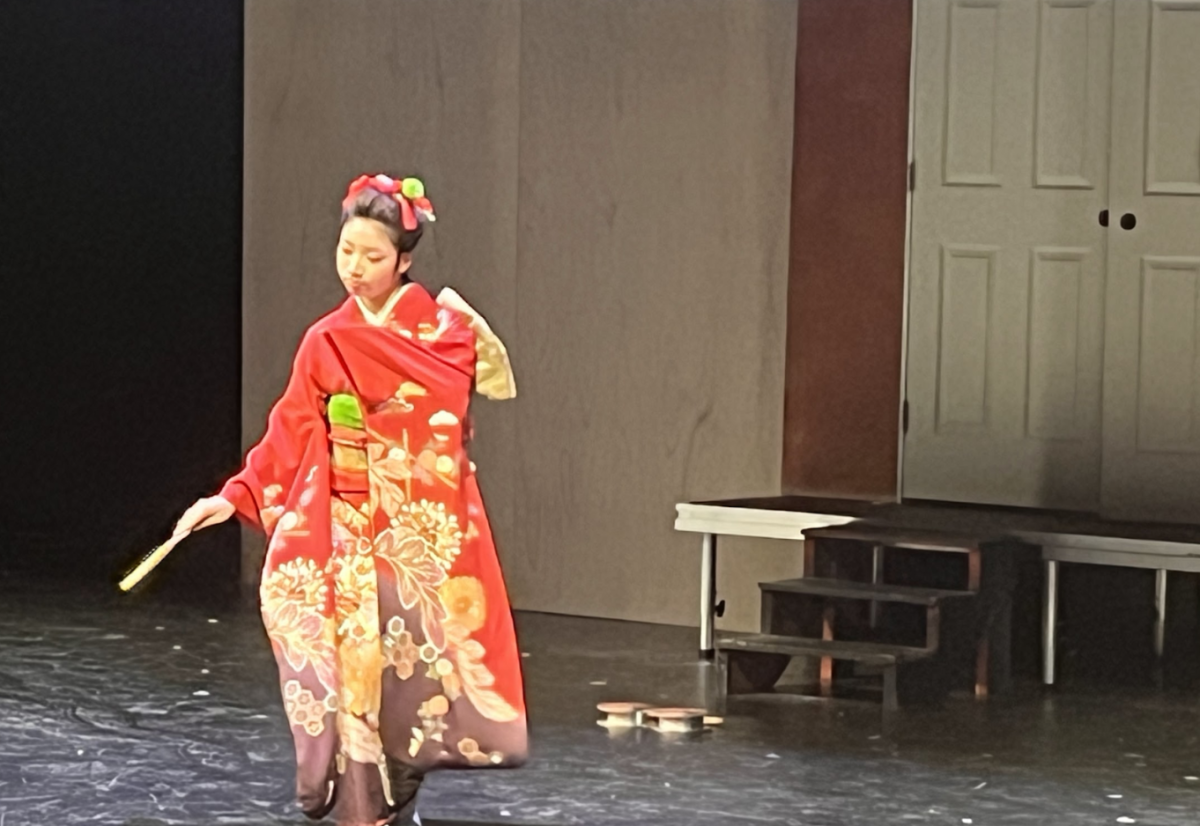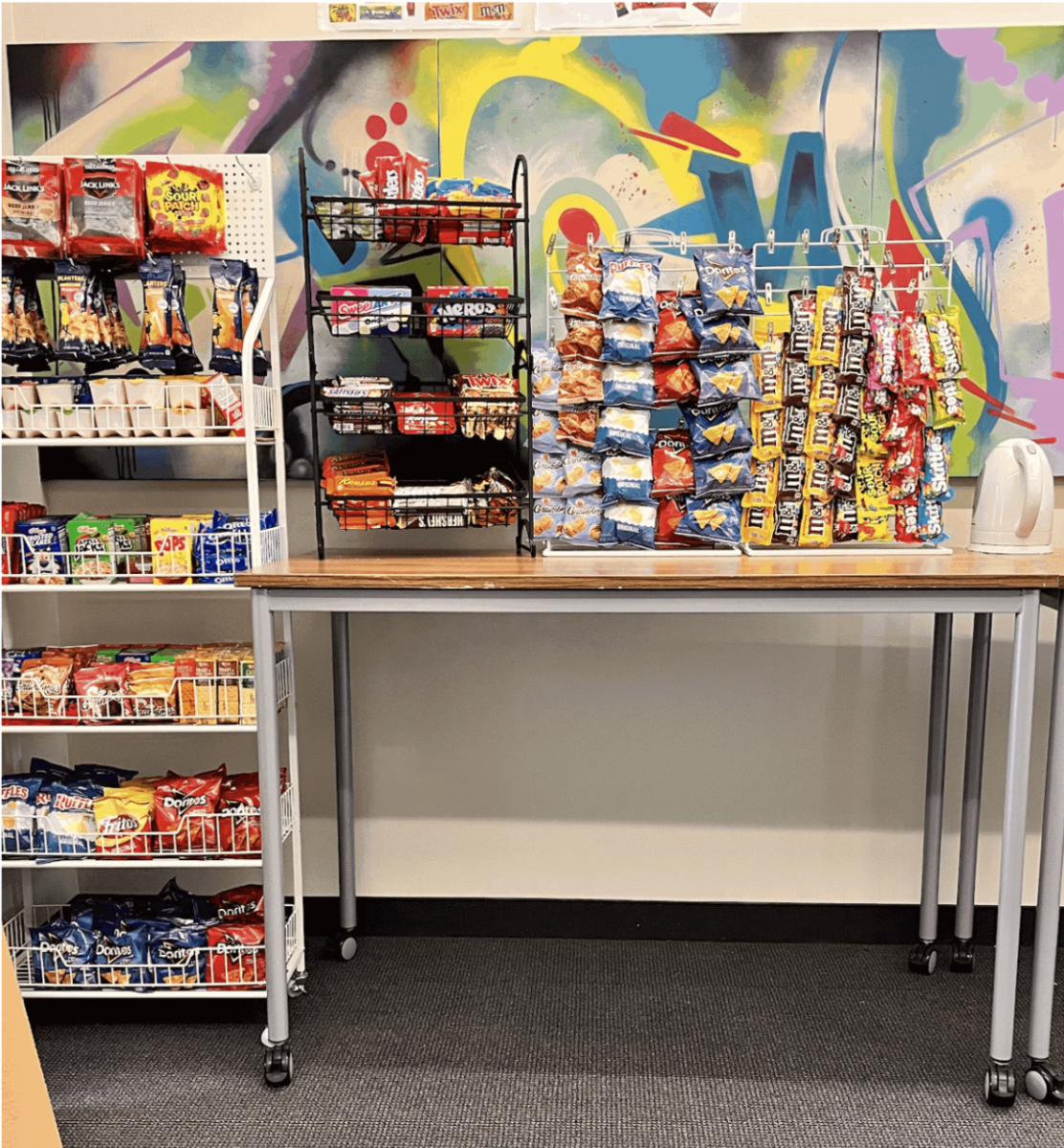Jewel Devora
Photo & Web Editor
A typical teenage party on a Saturday night took an unexpected turn when a San Francisco private school student got into a violent altercation with her boyfriend of four months.
“We were at this party [and] I wasn’t really hanging out with him that much,” said a the student, who asked to remain anonymous.
“I said I was tired and I wanted to leave. He started yelling at me and saying ‘How could you abandon me?’ and ‘You are worthless’ and then pushed me down a fight of stairs. My friend was just looking at us in shock.”
Women ages 16 to 24 experience the highest per capita rates of intimate violence — nearly 20 per 1,000 women, according to the Bureau of Justice — and at least one quarter of high school girls have been victims of physical and sexual abuse, with nearly 1.5 million high school students nationwide experiencing physical abuse from a dating partner in a single year, according to research conducted by Love is Respect, an organization raising awareness about dating violence.
Senior Danielle Pulizzano had a close friend who was in an abusive relationship, and said she made many attempts to help her friend get out of the relationship.
“When I found out they were in an abusive relationship I tried to give them advice and tell (her) it was unhealthy and they should get out of it, explain to (her) why,” said Pulizzano.
About 40 percent of teenage girls ages 14 to 17 say they know someone their age who has been hit or beaten by a boyfriend, according to Women Helping Women, an organization providing an online safe haven for women who are abused or sexually assaulted.
Junior Hannah Jones witnessed a similar situation to the one of the private school student.
“I didn’t e nd out about [the relationship] until after they broke-up and the abuse was over — it was pretty secret,” said Jones of her friends abusive relationship. “It’s embarrassing to stay with someone abusive.”
“I didn’t tell an adult about the abuse because its a really confusing situation to be in — you do a lot of lying to yourself,” the private school student, said. “It’s a lot of self-blame. Why did I get in an abusive relationship and why didn’t I get out it sooner? I convinced myself that he really loved me, and I know that sounds crazy, but I would have been really sad if my dad told me I couldn’t see him ever again during that time period.”
Students at Convent are required to ll out and complete an online form, through a program called “Shield Th e Vulnerable.”
“Youth learn to identify different types of harm, deal with physical and sexual violence and bullying, enforce personal boundaries, practice safe Internet use, understand relationships with adults, reject negative media influences, and understand the importance of respecting the dignity of self and others,” stated the Archdiocese of San Francisco on their website.
Rough interactive videos and cartoons, quizzes and testimonials, “Shield the Vulnerable” provides students with information about dating violence in adolescent relationships each year.
“I think it’s good to be informed and that online program we have to take every year is good and informative,” Pulizzano said.








